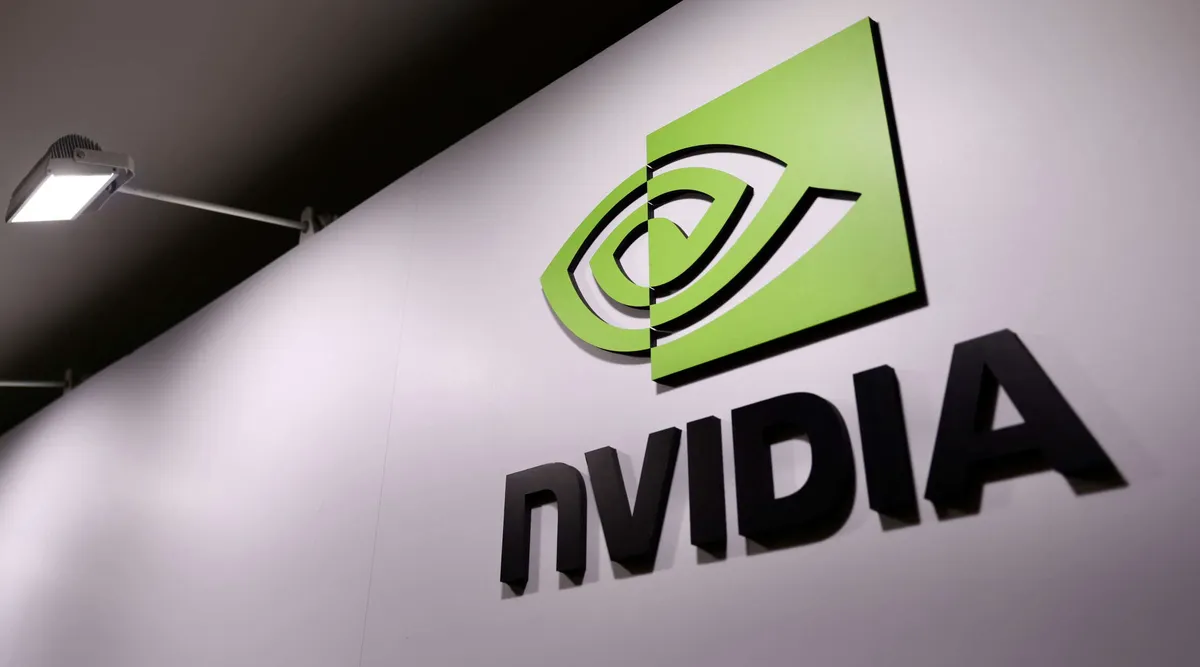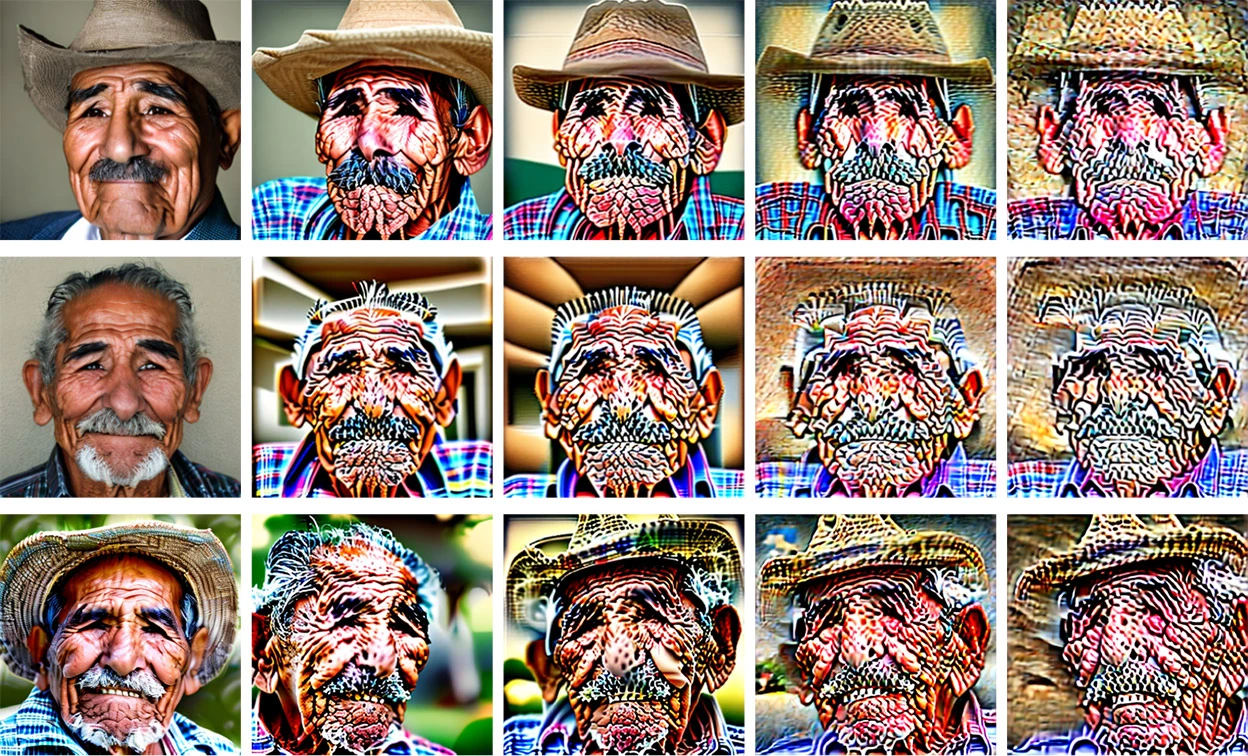finWeazel
Tukijäsen
- Liittynyt
- 15.12.2019
- Viestejä
- 13 554
Goldman Sachsilla saavat tällä hetkellä noin 20% teholisän koodereille AI:n avulla. GS lienee haastava ympäristö käyttää AI:ta, kun bisnes on raskaasti säännelty. Jos 20% tänään lisätehoa missä ollaan 5v päästä? 10v päästä 1 kooderi tekee viiden ai avustamattoman ihmisen työt?
Kaikenlaista mistä voisi tulla ongelma otettu huomioon
Goldman’s generative AI coding assistant, Microsoft’s GitHub Copilot, is the firm’s most scaled-out use of AI so far. Argenti said it is giving developers about a 20% increase in efficiency. The company is also in earlier stages of rolling out an AI tool that translates documents into other languages and an application that summarizes proprietary research to provide insights to advisers.
Kaikenlaista mistä voisi tulla ongelma otettu huomioon
Critically, the internal platform also allows Goldman to fine-tune the models with its own internal data in a safe way and that complies with regulations. Argenti said controls are embedded to ensure that models aren’t serving up data to employees who shouldn’t have access to it, for example.
The need to safeguard data, remain compliant with existing data regulations and prepare for any new AI regulations are key factors that help determine the speed with which financial services adopt AI, said Gartner’s Dekate. Financial services is one of the most regulated ecosystems, he added.
Viimeksi muokattu:









